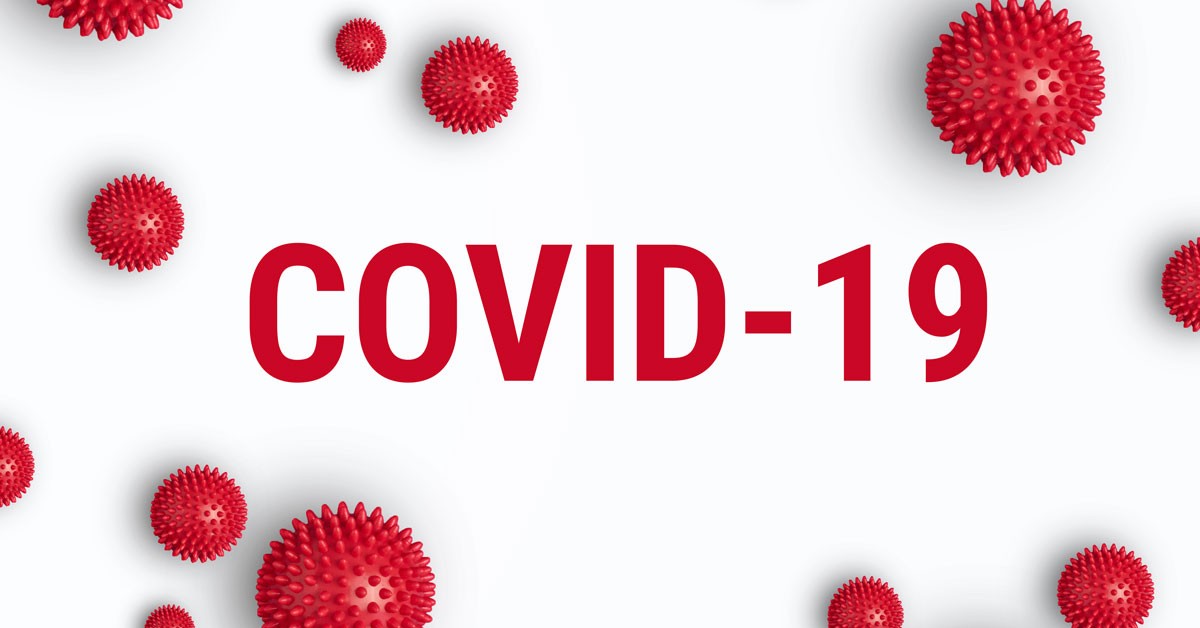The media today has been flooded with the news related to the new virus that appeared in Wuhan, China 2019. This virus is now referred as severe acute respiratory syndrome coronavirus 2 (SARS-Cov-2) and the disease caused by it called COVID-19.
Where should you rely on the latest information on rapidly changing information? We know that there is a lot of useful and reliable information over there online. But there is also a lot of misinformation and the concern now is to find out which is what.
The misinformation wandering over the world:
Just as the number of the people and countries affected by this new virus have spread, along with it many conspiracy theories and unfolded claims about it. Few of them have been stated below.
- Oregano oil proves effective against coronavirus and unfounded claim.
- A hoax stating that the US government had created and patented vaccine for Coronavirus years ago.
- A false claim that Coronavirus is a human made virus in laboratory.
- Sales of unproven “nonmedical immune boosters” to help people ward-off nCoV-19
- Unfounded recommendations to prevent infections by taking vitamin C and avoiding spicy food.
- Dangerous suggestions that drinking bleach and snorting cocaine can cure Corona infection.
Facebook is trying to fact check postings, label those that are clearly false and reduce their ranking so that they are less prominently displayed. Twitter and YouTube have also taken steps to limit and label misinformation. But practically it is nearly impossible to catch them all.
Reliable online sources on the new COVID testing
While no one source of information is perfect some are undeniably better than others! It is better to look for better sites.
- Rely on experts who use well – accepted scientific analyses and publish their results in reputable medical journals.
- Have a mission to inform and inform and protect the public, such as CDC and WHO.
- Are not promoting or selling a product related to the information provided.
- Medline Plus from the US National Library of Medicine.
- The UK’s National Health Service.
While gathering information online may be your easiest initial option, isolate yourself and contact your doctor if you find any symptoms of an infection, such as fever, cough , Shortness of breath.


No responses yet